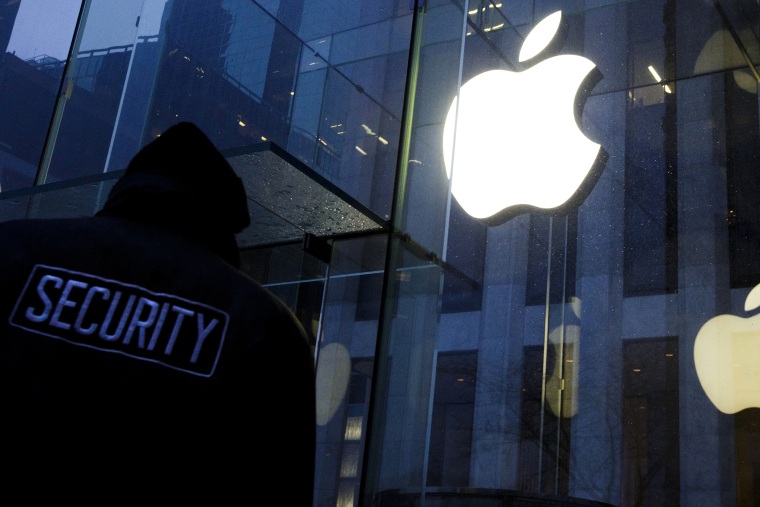Initially, the Republican National Convention's corporate sponsors steered clear because they feared possible violence. Donald Trump personally raised the prospect of "riots" at the party's gathering, and as we discussed in March, no corporation wants to see photos of fist fights at a national convention with its logo featured prominently in the background.
As spring turned to summer, and the likelihood of unrest at the Republican convention dissipated, some assumed the corporate sponsors would return. As it turns out, that's not quite what's happening. Politico, for example, had this report on one of the planet's most successful businesses wanting nothing to do with the gathering in Cleveland.
Apple has told Republican leaders it will not provide funding or other support for the party's 2016 presidential convention, as it's done in the past, citing Donald Trump's controversial comments about women, immigrants and minorities. [...] Apple's political stand against Trump, communicated privately to Republicans, is a sign of the widening schism between Silicon Valley and the GOP's bombastic presumptive nominee.
Note, some other tech companies have said they won't sponsor the Republican convention financially, but they are willing to contribute technological assistance. Apple, however, has decided not to play any role whatsoever at the party's gathering.
By all appearances, it's not a strictly partisan move: the tech giant isn't anti-Republican; it's anti-Trump.
And Apple is hardly alone. Bloomberg Politics reported that Wells Fargo, UPS, Motorola, JPMorgan Chase, Ford, and Walgreens each sponsored the Republican convention in 2012, but they've decided not to do the same in 2016. Microsoft and Coca-Cola have already made the same decision.
As we discussed several weeks ago, there are probably a few Democrats who find all of this quite amusing, but their national convention may end up feeling a related pinch, not because the party is likely to nominate a nativist demagogue, but because corporate sponsors are reluctant to play favorites. When a company like Coca-Cola agrees to help sponsor one major-party convention, it nearly always writes a comparable check to the other party's convention.
The more businesses pull back from the Republican convention this year, the more likely it is to cause at least some trouble for Dems.
As for the RNC's overall financing, the Bloomberg Politics report added, "The host committee is trying to raise $64 million for the convention, and already has commitments of about $50.5 million in cash and $7 million in free products and services, Lauer said. Of the cash commitments, about $42.5 million has already been collected."
